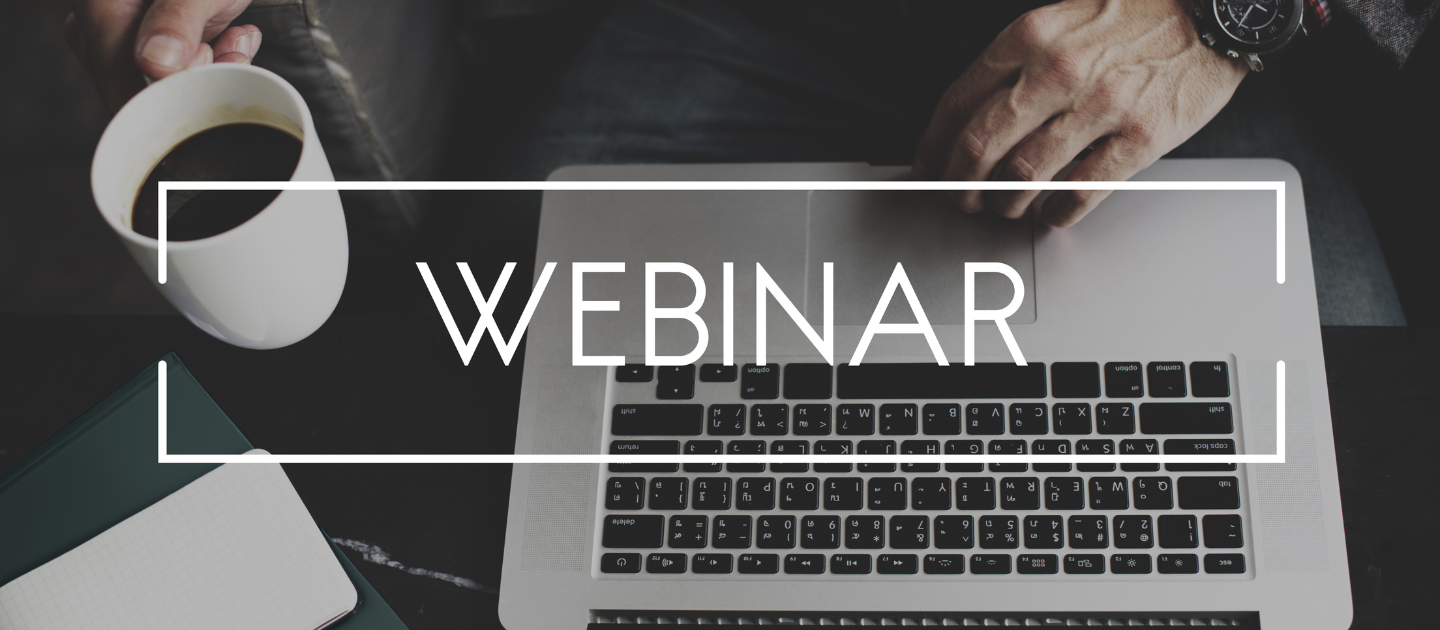DTOS Group hosted a webinar on the topic of “Time to Invest in Mauritius” on 28 July 2021 with panellists Faraz Rojid, Head of Financial Services, Economic Development Board (EDB); Caoilfhionn van der Walt, International Tax Partner, Regan van Rooy; Timo Geldenhys, Managing Partner, Mauritius Sotheby’s International Realty and Didier Viney, Head of International Operations and Outsourcing, DTOS. The session was moderated by Mark Maurel, Marketing Manager at DTOS.
Speaking in the discussion, Faraz Rojid highlighted that Mauritius is the jurisdiction of choice for the international investing community, as a member of SADC and COMESA and in view of new trade agreements including CECPA, AfCFTA and the Free Trade Agreement with China.
Faraz explained that Mauritius has a stable and diversified economy and a high level of security, providing opportunities for domestic and international markets. He noted that other unique features of Mauritius as the ideal investment hub include the absence of exchange controls and a hybrid legal system, providing a reassuring legal structure for international investors, along with an extensive network of bilateral treaties, such as Double Taxation Avoidance Agreements and bilateral investment treaties.
On the tax front, Faraz underlined that the tax incentives provided by the Government of Mauritius have been peer reviewed by the OECD’s Forum on Harmful Tax Practices and EU’s Code of Conduct Group and other subsequent reviews which have been whitelisted since 2018, recalling the Government’s commitment to adhering to international best practices.
With regard to the schemes available to investors in Mauritius, Faraz outlined the Overseas Family Office scheme and opportunities relating to the Global Headquarters Administration, Treasury activities, Sandbox License, and Property Development Scheme, as well as the Premium Investment Certificate. He explained how the EDB was supporting innovative investors coming into Mauritius, and he mentioned that “the Financial Services Commission and Bank of Mauritius are going to implement their digital labs to ensure that FinTechpreneurs can sandbox their activities and go forward with it.”
In terms of the conditions for investors to come to Mauritius, Faraz explained that investors need a ‘work and live’ permit. He added, "Any investor activity needs a minimum requirement of USD 50,000 and an annual turnover of Rs 4 million. Following this, your dependents (spouse and children) get a Resident Permit. For Innovators, digital nomads have the Innovator's Occupation Permit, where you only need a business plan and project that is approved by the EDB or incubated at the level of the Mauritius Research and Innovation Council (MRIC)”. He also described the Freeport and how it serves the international market.
From a legal perspective, Caoilfhionn van der Walt commented that Mauritius had undergone a number of changes in the tax system and is headlined as a 15% tax country, noting that “Mauritius is a more attractive jurisdiction than ever before” in view of the OECD whitelisting. She also saw that the Premium Visa was a very attractive option for those who wish to move to Mauritius and to consider this as an interim step, without entering the Mauritian job market.
On the property front, Timo Geldenhys charted the massive evolution of the market over the last 15 years and the various schemes which had led to the Property Development Scheme. He emphasised the Government’s proactive efforts to bring schemes to the market which resonate with foreign buyers and which are proving to be fruitful for the country.
Finally, Didier Viney described how Management Companies have greatly aided investors in their efforts to set up shop in Mauritius and guided them on how to invest in Africa through Mauritius.
The webinar can be viewed here:
https://www.youtube.com/watch?v=FuuHKtraMYk
